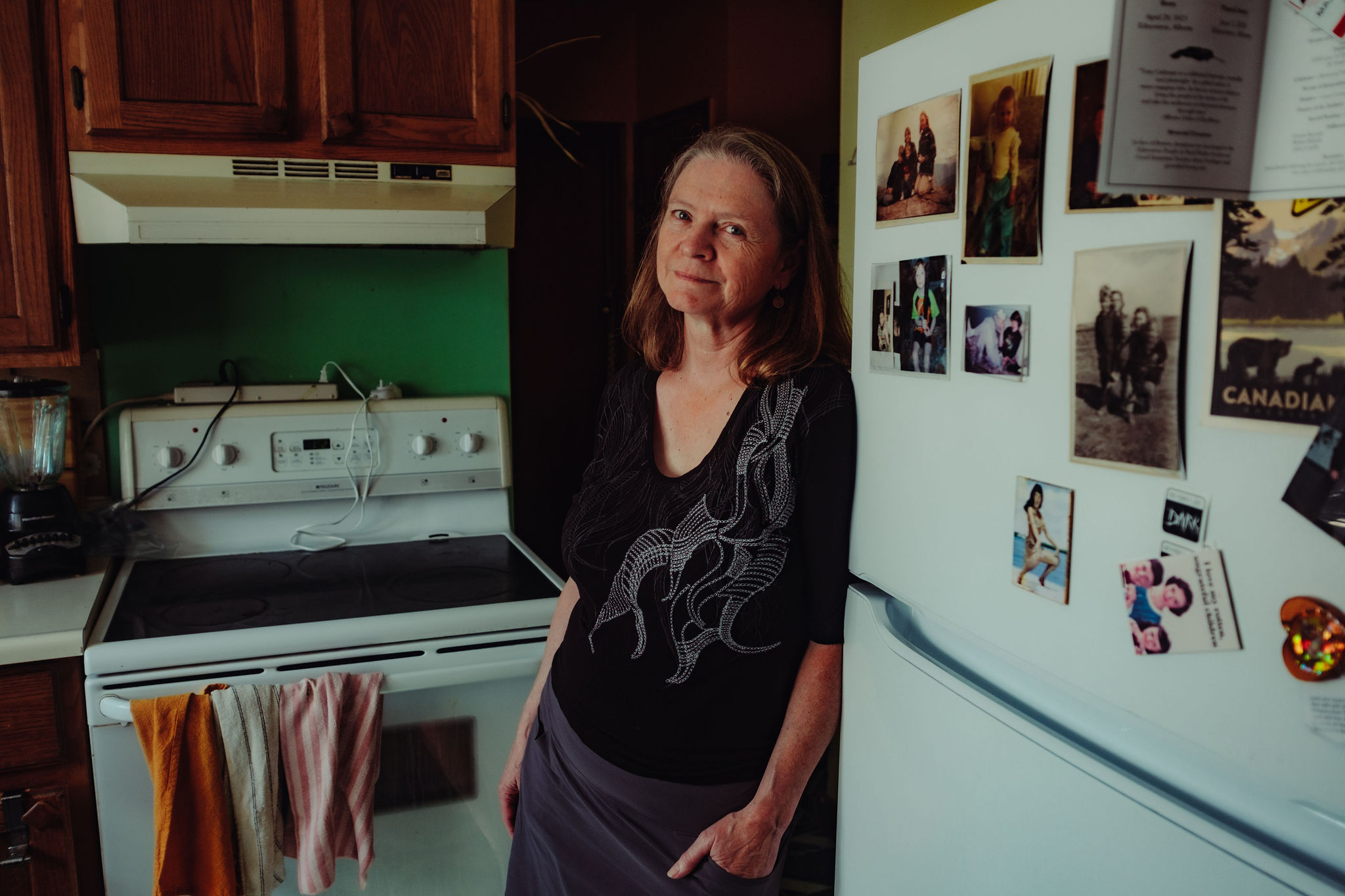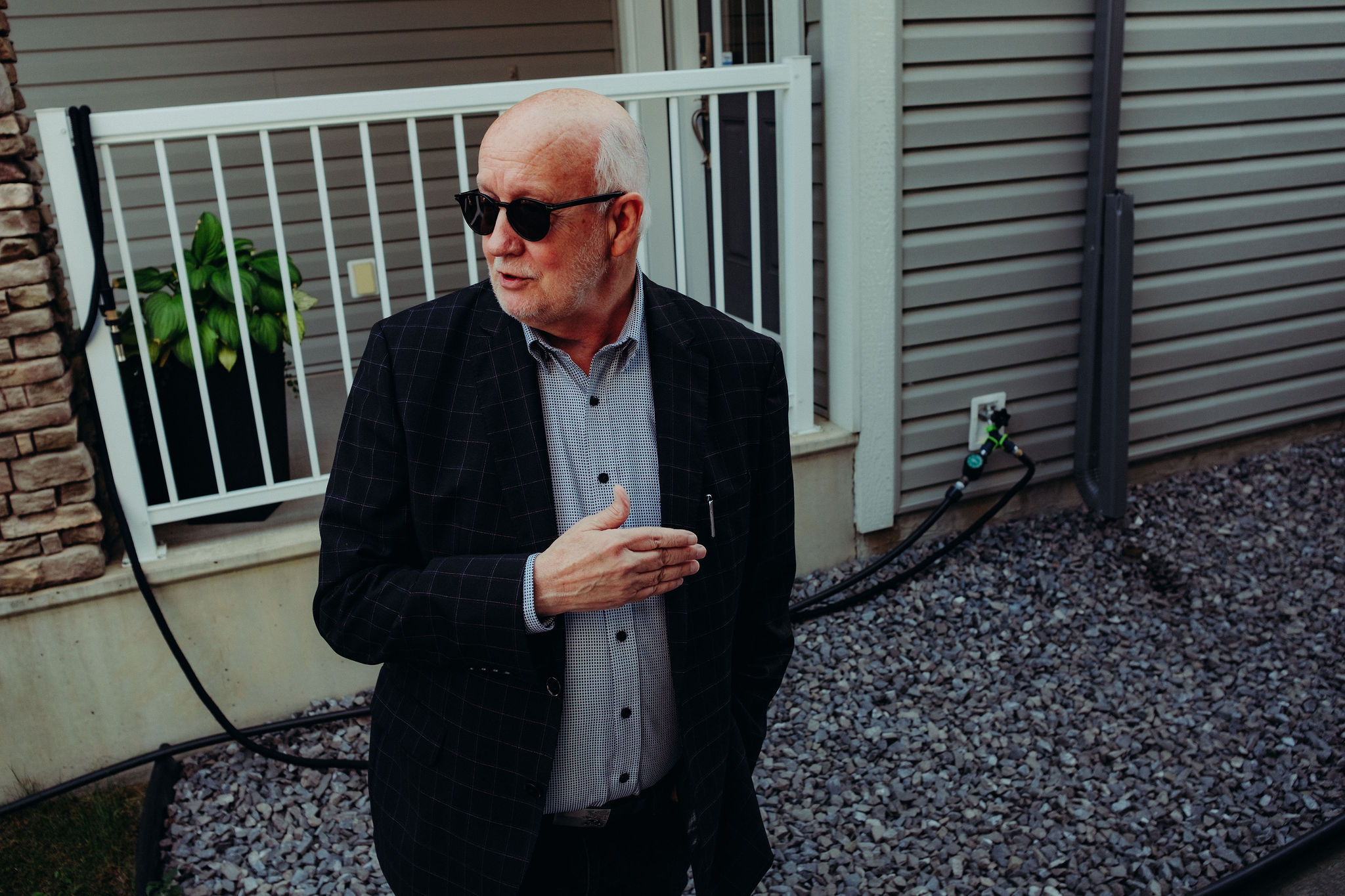
Why Edmonton may need to focus on renters as it stares down 'peak home ownership'
As Edmonton enters election season and rents rise, Taproot spoke to experts with the Community Housing Canada research project and the Collins Lab for Urban Excellence at the University of Alberta to learn more about how to keep prices attainable as the city continues to grow.
A November report shows that rents are falling in many cities across Canada but not in Edmonton, Winnipeg, Regina, or Saskatoon. Rents for one-bedroom units in Edmonton have grown by 7.8% over the last year, to an average of $1,384 per month. The report also shows rents dropping in the most expensive Canadian cities. Edmonton, meanwhile, ranks 31st in Canada on average rents, and has seen a month-over-month decrease in average rents. More data from RentCafe suggests renters are flocking to Edmonton because it remains cheap compared to other cities. But if rents continue trending upwards and new supplies of rental housing don't keep pace with growth, being a tenant in the city could become more precarious.
"Housing need and housing hardship are concentrated amongst people who rent," Damian Collins, of both the U of A and Community Housing Canada, told Taproot. "We need to build lots of purpose-built rentals, and we want them to be in accessible, high-quality neighbourhoods where people aren't locked into very expensive and long commutes."
Katie MacDonald, of Athabasca University and Community Housing Canada, told Taproot that this hardship is only getting worse. MacDonald previously worked for Civida, a housing provider.
"If we look at what's happening in the housing ecosystem in Edmonton, and also across the country, we're losing low-end-market rentals, so even if we see an increase in housing starts, low-end rentals in the private market are being lost," MacDonald said. "That's really impacting affordability, even if we have higher starts, because those starts are, like, luxury condos."
Developers of purpose-built rentals are eligible for new tax rebates. That may make them more viable, though the 2024 Housing Market Outlook from the Canada Mortgage and Housing Corporation suggests vacancies for such properties will decline through 2025.
Another factor is a generational change in attitudes about owning property, MacDonald said. "There's a cultural shift towards seeing meaning in home ownership … Many young people are saying: 'No, thank you. That's a lot of responsibility.'"
Collins added to this point, noting that the national ratio of renters, which stands at one-third of the population, will likely spike in the way it already has in the U.K. and New Zealand.
"We've reached peak home ownership, and now it's declining," Collins said. "More people will be renting, and they'll be renting longer. People will be renters for their lifetimes in more cases. People will be entering retirement without the equity of home ownership."
Experts told Taproot there are ways to stop or slow rent increases such as tougher rules, including controls on rent. They also discussed examples from other provinces where tenants have pushed back using ideas like rent strikes.





